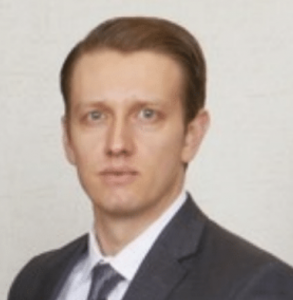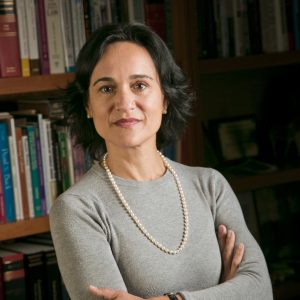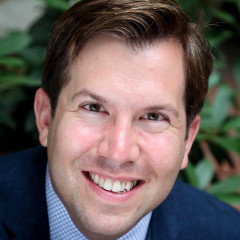Christian Public Engagement in a Time of Crisis
 Anton Sorkin is an employment attorney in Atlanta, Georgia, and a doctoral candidate at the Emory University School of Law
Anton Sorkin is an employment attorney in Atlanta, Georgia, and a doctoral candidate at the Emory University School of Law
“If we should weep when clowns put on their show,
If we should stumble when musicians play,
Time will say nothing but I told you so.”
–W.H. Auden
The COVID-19 pandemic has introduced us all to a common experience. Whether it’s through our means of income or the daily disturbance of patterned existence, our lives have been put on pause for a period that feels almost indefinite. Widespread orders have forced believers to gather online – challenging not only the communal function endemic to the life of the church, but also its mandate to love the neighbor through acts of proximate charity. Predictably, this situation has triggered a host of legal issues surrounding exemptions for “essential business or operations,” and raised profound metaphysical queries regarding equal treatment and the psychology behind essential versus non-essential services. In his piece at the Mirror of Justice, Professor Marc DeGirolami keenly observes the nature of our disagreement as an extension of our varying conceptions of “the good” in relation to human activity:
If one’s view is that all of the true goods of religious observance can be obtained individually, at home, in solitary prayer in front of a screen, then one will think that distinguishing between churches and liquor stores—treating the goods of the human activities that these places foster unequally—is perfectly justified.


